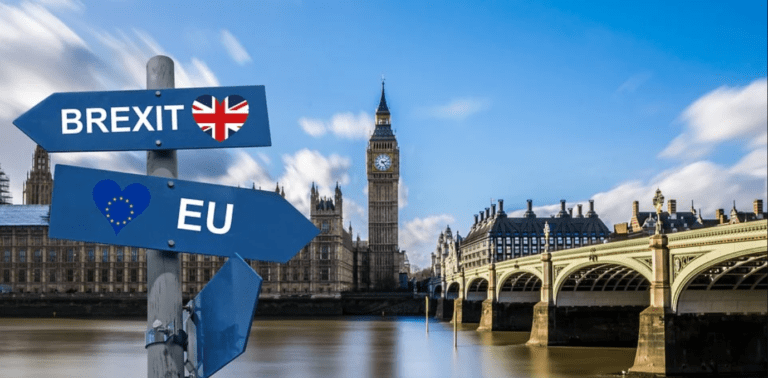On December 31, the legal freedom of movement between the U.K. and the E.U. finally came to an end, leaving significant changes in terms of life, work, and travel for both Britons and Europeans.
The agreement was first established on January 1, 1973, when the U.K. joined the European Economic Community. The U.K. has now left the Community as well as the European Single Market and the Customs Union.
The U.K. and the E.U. agreed on what is called a zero tariff, zero quotas trade deal. It took them about nine and a half months.
New immigration policy
As of January 1, 2021, U.K. citizens no longer have the automatic right to live and work in the E.U. area and the other way around.
However, the rights of about one million Britons already residing in the E.U. will remain nearly unchanged. The same will apply to over three million E.U. citizens settled in the U.K.
Different immigration rules apply to all newcomers. For example, workers on both sides have to ensure that their professional qualifications are recognized.
The hiring process on the two ends has also become rather complicated and far more expensive.
European citizens are now allowed to stay in the U.K. for up to six consecutive months, but a point-based system is about to be implemented for those wanting to enter the U.K. to live and work.
Such a system is already used in Australia and some other countries to select experienced migrant workers. Applicants are prioritized based on their education, language skills, and career background.
However, low-skilled workers might face difficulties entering the U.K., despite forming a good part of Britain’s care and agriculture industries. This may translate into staff shortages in these key sectors.
At the moment, foreign nationals make up about a sixth of the care sector and a fifth of the agriculture workforce in the U.K.
There is an exception in the immigration rules between the U.K. and Ireland, as they have a separate common travel area.
Short-term visits
Traveling for holiday and business remains visa-free. Nonetheless, U.K. citizens need a visa for staying longer than 90 days during any 180-day period in the E.U. (including Norway, Switzerland, and Iceland).
U.K. nationals also need to have six months left on their passports, and they are required to purchase their own travel insurance if they want to travel to any E.U. state.
The European Health Insurance Card is no longer granted to British citizens. Nevertheless, the U.K. claims to set up a new system to assure medical coverage for both, their nationals and E.U. members across all territories.
How about students?
The country has also left the Erasmus student-exchange scheme. Moreover, there will be higher international tuition fees and no access to student loans on both sides for newly enrolled students.
For current students, the tuition fees remain the same as before Brexit.
The U.K. government has promised that the new policy will treat the E.U. and non-E.U. citizens equally, with no cap numbers in the planned point-based scheme.



